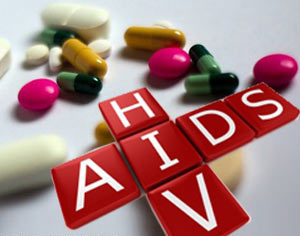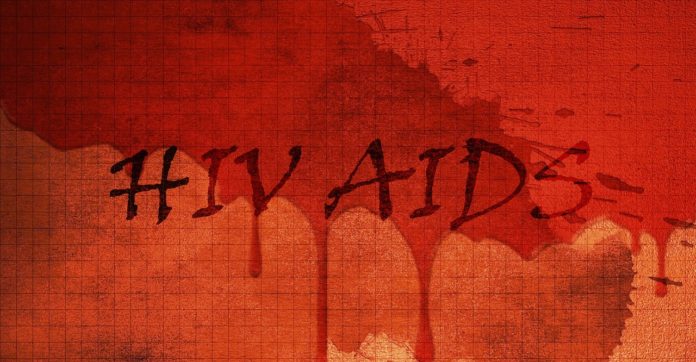The Human Immunodeficiency Virus (HIV) load in the blood of 12 lakh people living with HIV (PLHIV) will be tested at least once every year

Launching an initiative for ‘‘Viral Load testing for all People Living with HIV/AIDS (PLHIV)” at a function on Monday, health minister J P Nadda said it was a “historic” occasion. Under the initiative, free of cost viral load testing will done on 12 lakh PLHIV on treatment in the country at least once a year.
“This Viral Load test is of immense importance to monitor the effectiveness of treatment of patients taking lifelong Antiretroviral Therapy,” he said.
Viral Load testing will empower medical officers at ART to detect failure on first line treatment early and therefore save PLHIV from developing resistance to drugs.
Viral load is the term used to describe the amount of HIV in the blood of a PLHIV. The more HIV there is in the blood (and therefore the higher the viral load), the faster does the CD4 cell count fall, and the greater the risk of becoming ill because of HIV. CD4 cell counts are a measure of how immune compromised a person is.
Nadda added that routine viral load testing will optimize the utilization of 1st line regimens, thus preventing drug resistance and ensuring the longevity of people living with HIV. “Viral Load testing will empower medical officers at ART to detect failure on first line treatment early and therefore save PLHIV from developing resistance to drugs. It will also help in strengthening ‘Mission Sampark’ in tracking LFU (Loss to Follow Up) PLHIV,” he said.
In 2017 India, as per WHO guidelines, revised the Antiretroviral Therapy (ART) treatment protocols to initiate all PLHIV on ART. Following that move about 12 lakh PLHIV are currently on treatment in more than 530 ART centres.
Laying stress on addressing stigma & discrimination towards HIV, Nadda said that ending stigma is of paramount importance to enable persons infected with HIV access health services. “To facilitate reduction in stigma and discrimination, the long pending HIV/AIDS Act has been passed, which is an historical step. Very few countries globally have such a law to protect rights of people infected with HIV,” he said. The key provisions of HIV/AIDS Bill are prohibition of discrimination, informed consent, non-disclosure of HIV status, anti-retroviral therapy & opportunistic infection management, protection of property of affected children, safe working environment and appointment of ombudsman in every State.
Nadda also released the National Guidelines for HIV-1 Viral Load Laboratory Testing, National Operational Guidelines for Viral Load Testing, Standard Operating Procedure for HIV-1 Quant Assay with CBNAAT and Guidelines on Quality Monitoring System for Outsourced Viral Load Tests.
Speaking on the occasion, minister of state for health Anupriya Patel said that India is committed to achieving the global 90-90-90 target by 2020. “With launch of Test and Treat, there is increase in number of PLHIV needing treatment and thus the Viral Load testing. With increase in number of PLHIV on treatment the monitoring needs have also increased. For achieving this, NACO has scaled up the viral load testing facility in the country to monitor the viral load suppression”, she said.
Also present at the event were Sanjeeva Kumar, AS & DG (NACO), Dr. Henk Bekedam, WHO Country Representative to India, Dr. Bilali Camara, Country Director, UNAIDS and Dr. Timothy Holtz, Program Director, Division of Global HIV and TB/India CDC, Alok Saxena, Joint Secretary (NACO), Dr. Naresh Goel, DDG (LS), NACO and other senior officials from Ministry and NACO, representatives from CDC, civil society organizations, development partners and network of positive people.


